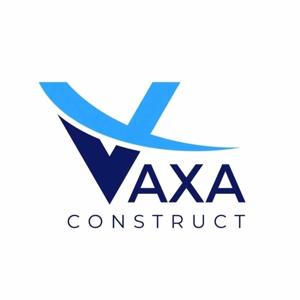High-rise construction projects are among the most complex and challenging undertakings in the commercial construction industry. With multiple floors, intricate systems, and tight urban spaces, risks are abundant. For a Commercial Construction Company in NJ, identifying and mitigating these risks is essential to ensure safety, maintain schedules, and protect investments.
Key Risks in High-Rise Construction
Structural Risks
Tall structures face higher wind loads, seismic pressures, and foundation stresses, requiring careful design and constant monitoring.Safety Hazards
Working at heights, handling heavy materials, and operating cranes pose significant dangers to workers and nearby pedestrians.Schedule and Cost Overruns
Delays in material delivery, equipment failures, or weather disruptions can escalate costs rapidly.Regulatory Compliance
High-rise buildings must adhere to strict building codes, fire safety standards, and environmental regulations.Logistical Challenges
Transporting materials and coordinating multiple trades in urban sites requires precise planning.
Risk Mitigation Strategies
1. Advanced Planning and Site Layout
Proper site layout planning ensures smooth workflow, reduces congestion, and optimizes resource allocation, minimizing delays and accidents.
2. Structural Monitoring and Engineering Controls
Using real-time sensors, reinforced frameworks, and high-quality materials helps maintain structural integrity under dynamic loads.
3. Comprehensive Safety Programs
Training, fall protection, and strict adherence to safety protocols safeguard workers and reduce liability.
4. Prefabrication and Modular Construction
Off-site prefabrication of components like bathrooms, walls, or facades reduces on-site labor, minimizes errors, and accelerates schedules.
5. Technology Integration
Tools like Building Information Modeling (BIM), digital twins, and mixed-reality walkthroughs help detect clashes, optimize design, and enhance project coordination.
6. Contingency Planning
Maintaining buffer schedules, alternative suppliers, and backup systems ensures projects stay on track even when unforeseen events occur.
Benefits of Effective Risk Mitigation
Ensures worker safety and reduces accidents
Minimizes cost overruns and project delays
Enhances building quality and structural integrity
Builds client trust and strengthens company reputation
Conclusion
High-rise construction projects carry unique risks, but with proactive planning, advanced technology, and strict safety measures, these challenges can be effectively managed.
At Vaxa Construct, a trusted Commercial Construction Company in NJ, we implement comprehensive risk mitigation strategies to deliver high-rise projects safely, efficiently, and on schedule, ensuring both client satisfaction and long-term value.


Write a comment ...